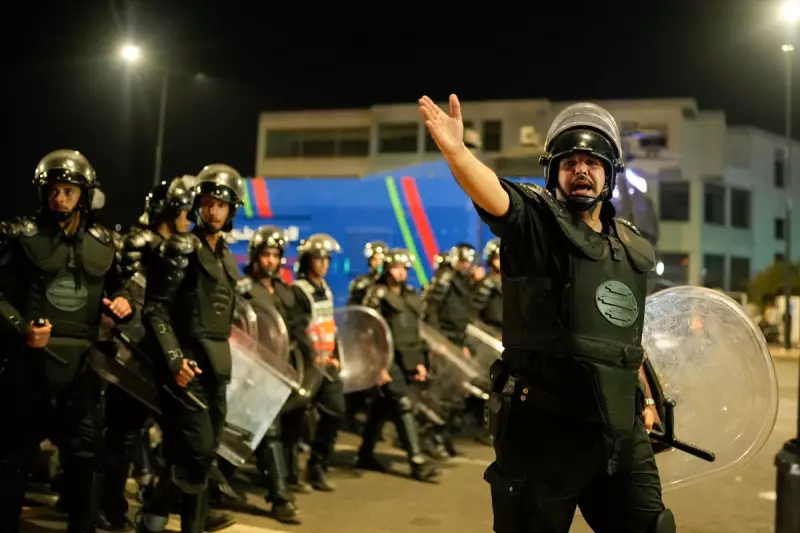
In a digital-age battle for democracy, Morocco's Generation Z is turning to encrypted messaging platforms to challenge the country's authoritarian regime, facing increasing government crackdowns and human rights concerns.
The Digital Resistance Movement
Young activists across Morocco are increasingly relying on Discord and other encrypted platforms to coordinate protests and share information beyond the watchful eyes of authorities. This technological shift represents a new frontier in the country's long-standing struggle for political freedoms.
According to recent investigations by Human Rights Watch, the Moroccan government has escalated its efforts to monitor and suppress online dissent. The report documents numerous cases where security forces have arrested individuals merely for expressing critical opinions in private digital spaces.
Crackdown on Digital Expression
The situation has created a climate of fear among young Moroccans, who find themselves navigating increasingly sophisticated surveillance techniques. Many activists now face criminal charges for their online activities, with authorities citing national security concerns to justify their actions.
One particularly concerning trend involves the prosecution of individuals for their participation in private Discord servers and Telegram channels. These cases highlight the government's expanding definition of what constitutes illegal political activity.
International Response and Local Reality
Human rights organizations have condemned Morocco's approach, arguing that it violates international standards for free expression and privacy rights. However, the government maintains that its actions are necessary to maintain stability and combat extremism.
The tension between security concerns and individual liberties has created a complex landscape for Morocco's youth, who must balance their desire for political change with the very real risks of government retaliation.
A Generation at a Crossroads
Despite the challenges, the movement continues to grow, with young activists developing increasingly sophisticated methods to protect their communications and organize safely. Their persistence underscores a generational shift in how political opposition manifests in digitally connected societies.
As the situation evolves, international observers worry that Morocco's approach could set a concerning precedent for how governments worldwide might handle digital dissent in the years to come.





